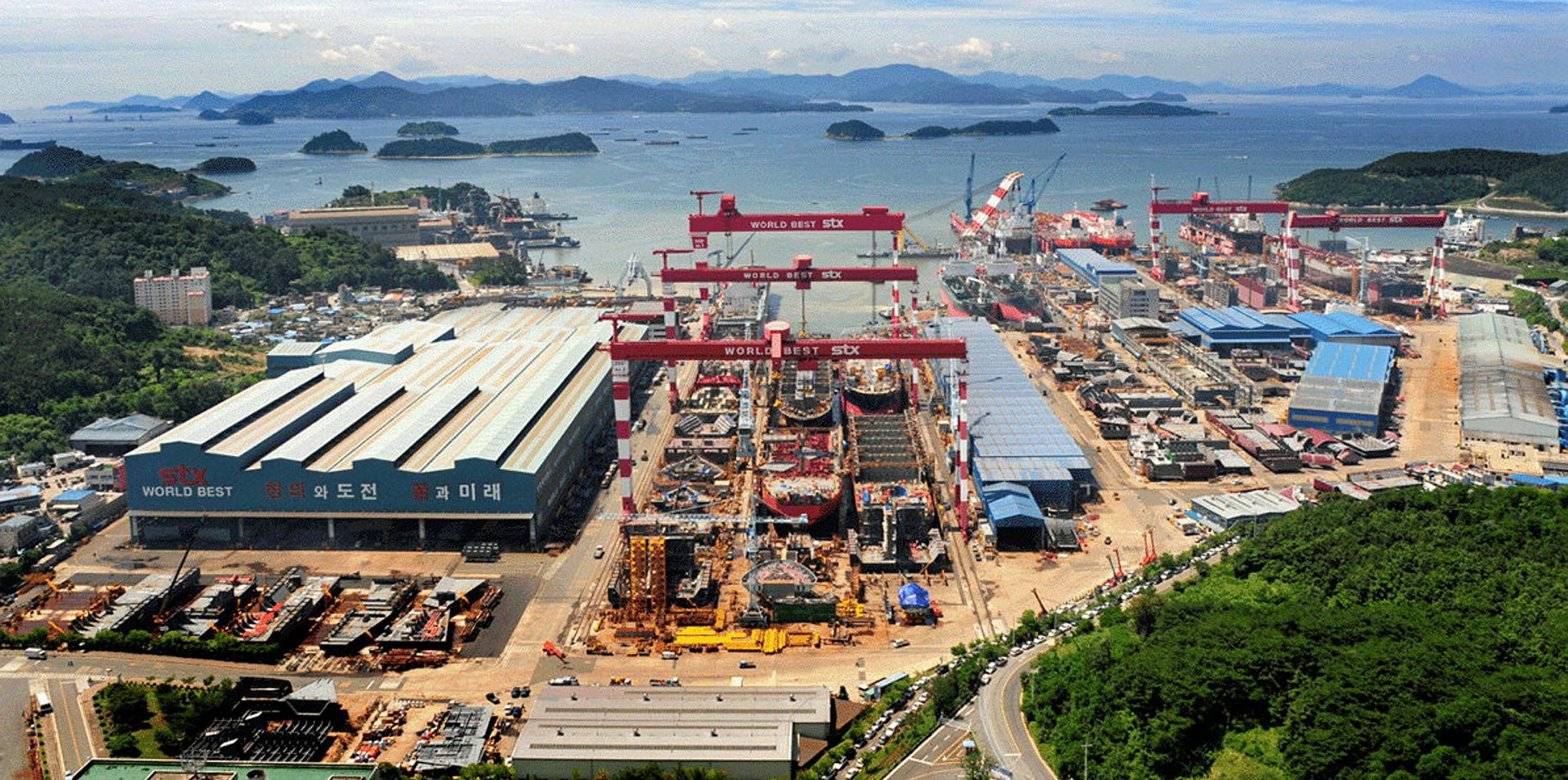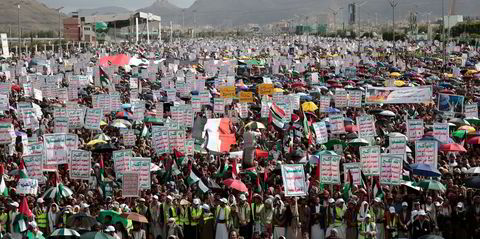South Korea’s STX Offshore & Shipbuilding has been in a complete shutdown since the end of last month.
Industry players said labour strikes that started in May prompted a partial shutdown of the Jinhae-based shipyard, but this has now turned into a complete stoppage.
Sources said unionised workers had been demanding an end to the rotational unpaid furloughing of staff that STX started in June 2018.
“STX made an agreement with the workers ... to operate the shipyard at half the capacity, with workers taking turns to go for unpaid leave,” a shipbuilding source said. “They [the workers] think it is time that the company ends the practice.”
However, instead of acceding to workers’ requests, STX announced in June that there would be job cuts via a voluntary retirement plan.
The move was aimed at reducing costs to mitigate the impact of a weak newbuilding market and the Covid-19 pandemic.
At the time, STX told South Korean news agency Yonhap that it would be difficult to compete against rivals unless its fixed costs were released.
In an emailed statement, it added that it had not secured any new orders in the first half of the year and that an “overall suspension of our shipyards will be inevitable if things remain the same".
In response to the move, sources said all of the shipyard workers downed tools and joined the strike.
Some shipbuilding players believe STX will shut permanently, but others said the stoppage will last just one month.
Officials at STX declined to comment.
A South Korean shipbuilding source familiar with STX said the management would propose a fresh offer to workers soon.
“This tells us STX will continue with shipbuilding activities and will not close down,” the source said.
One shipbuilding player told TradeWinds that some shipping companies had postponed newbuilding discussions for MR tankers with the shipyard but did not identify those involved.
STX is a medium-size shipbuilder and is controlled by state-owned Korea Development Bank — its major creditor.
It previously competed with compatriot giants Hyundai Heavy Industries, Samsung Heavy Industries and DSME for newbuildings, such as VLCCs and LNG carriers.
However, it is no longer in the same league as that trio.
The shipbuilder has reduced its product portfolio and is now focusing on MR tankers and LNG bunkering vessels of between 4,000 cbm and 10,000 cbm.
The company is sitting on a thin order backlog of seven MR tankers that are due for delivery between October this year and April 2021.






